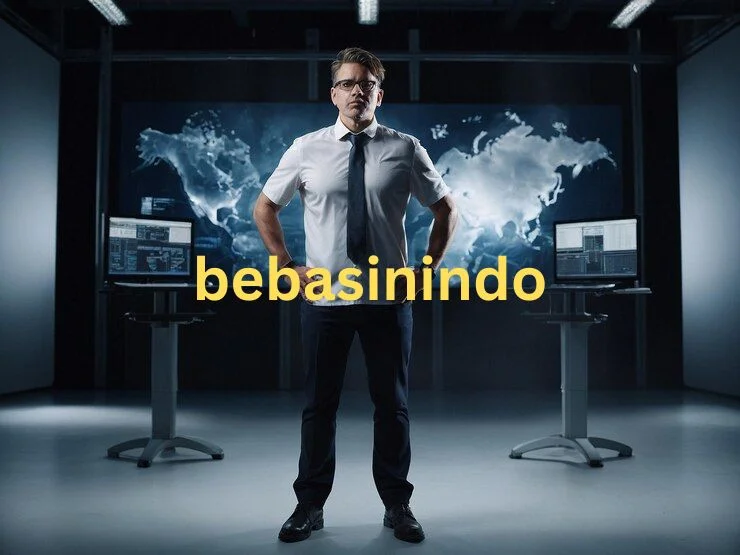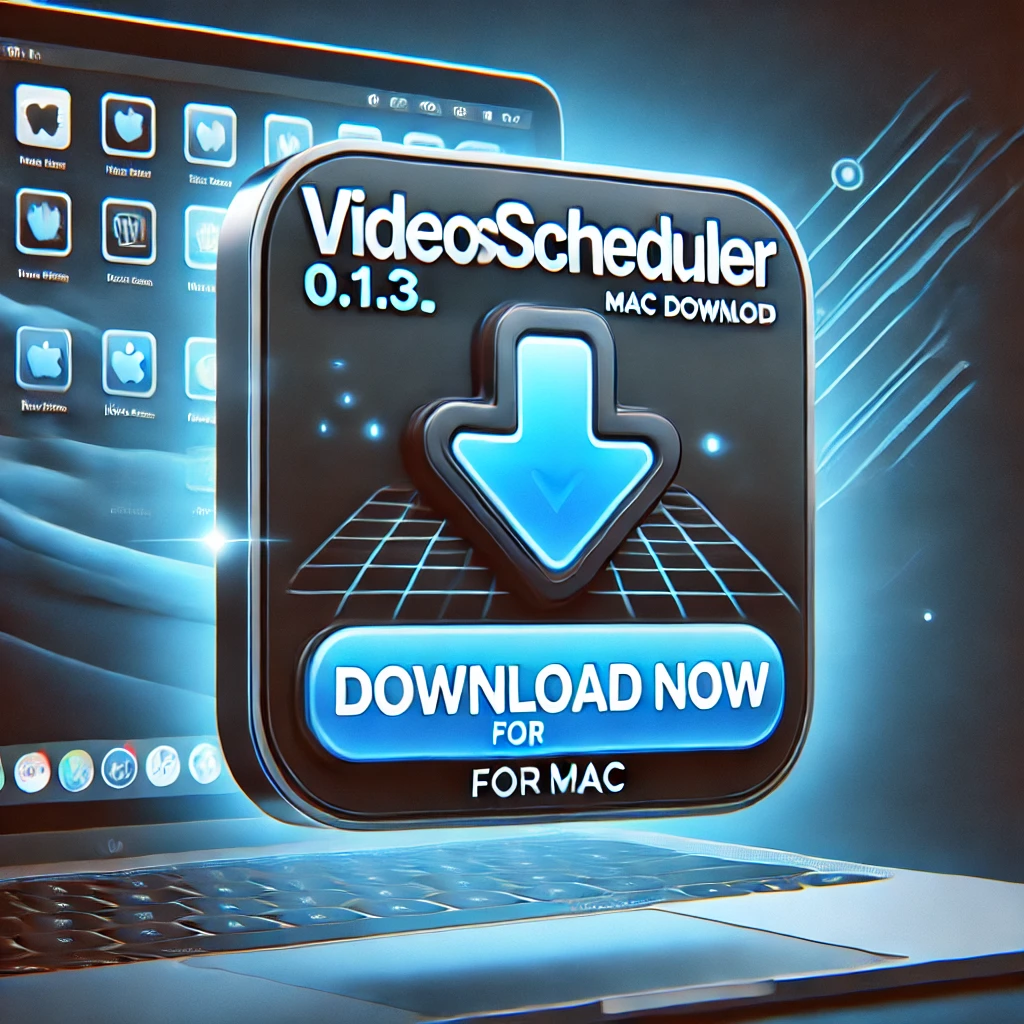Blockchain development is no longer a fringe skill. From supply chain tracking to digital art and decentralized finance (DeFi), organizations of every size now rely on developers who can turn distributed-ledger ideas into production-ready apps. This guide breaks down blockchain technology explained in plain English, shows you where to start if you want to learn blockchain development, and helps decision-makers pick the right partners and programming languages for their next project.
Blockchain Technology Explained — Why the Hype?

A blockchain is a shared, immutable database. Each “block” stores a batch of transactions, and each new block cryptographically links to the one before it. Because every node in the network holds the same history, tampering with past data becomes nearly impossible. The result is a transparent system people can trust even when they don’t trust each other.
What Makes Blockchain Trustworthy?
-
Decentralization – No single server controls the ledger.
-
Cryptographic Security – Hash pointers and digital signatures stop alteration.
-
Consensus Mechanisms – Networks agree on the next valid block (Proof of Stake, Proof of Authority, etc.).
-
Immutability – Once confirmed, data is practically permanent.
Why Invest in Blockchain Development Services?
Blockchain development services help companies cut fraud, speed up settlements, and automate agreements via smart contracts. Financial firms use them for real-time cross-border payments, retailers track ethical sourcing of goods, and governments secure public records. Partnering with a seasoned blockchain development company shortens your learning curve, reduces security risks, and accelerates time-to-market.
Common Use Cases Across Industries
-
Finance & DeFi – Tokenized assets, stablecoins, on-chain lending.
-
Supply Chain – Provenance tracking, anti-counterfeiting tags.
-
Healthcare – Tamper-proof patient records and consent management.
-
Energy – Peer-to-peer electricity trading and carbon-credit registries.
The Best Language for Blockchain Development in 2025

Choosing the right programming language shapes performance, security, and developer productivity. Below are the front-runners:
| Language | Best For | Why It Matters |
|---|---|---|
| Solidity | Ethereum, EVM chains | Mature smart-contract ecosystem, huge tooling support. |
| Rust | Solana, Near, Polkadot | Memory safety, high throughput. |
| JavaScript/TypeScript | Full-stack dApps | Familiar syntax, async event handling. |
| Python | Prototyping, analytics | Clean syntax, thriving data libraries. |
| Go | Enterprise chains, Hyperledger Fabric | Concurrency built-in, simple deployments. |
Matching Language to Project Goals
-
Exchange-style back ends: Go or Rust for speed and safety.
-
Token-issuance platforms: Solidity or Vyper on Ethereum.
-
Corporate ledgers: Java or Kotlin inside Hyperledger Fabric.
Building Your Career: A Practical Blockchain Development Roadmap
-
Fundamentals – Grasp cryptography, distributed systems, and smart-contract basics.
-
Pick a Stack – Choose an ecosystem (Ethereum, Solana, Hyperledger) and the appropriate blockchain development language.
-
Hands-On Tutorials – Follow an end-to-end blockchain development tutorial to deploy your first contract.
-
Security Deep Dive – Learn common exploits (re-entrancy, integer overflow) and audit techniques.
-
Community & Contributions – Join GitHub projects, Discord channels, and hackathons.
From First Tutorial to Production
-
Start with a testnet faucet and a “Hello World” ERC-20 token.
-
Build a simple React or Next.js front end that talks to your contract via ethers.js or web3.js.
-
Audit, iterate, and push to mainnet when you’re confident.
Selecting a Blockchain Development Company

Working with the right vendor can be the difference between a secure launch and a costly rewrite. Evaluate potential partners by:
-
Portfolio Depth – Look for live mainnet projects, not just proofs-of-concept.
-
Security Track Record – Ask about past audits and incident history.
-
Domain Expertise – Finance, gaming, supply chain—experience matters.
-
Client Reviews & Ratings – Peer insights from Clutch, GoodFirms, or Helpware Tech.
Top 10 Blockchain Development Companies in 2025
Industry reports often highlight names like Unicsoft, PixelPlex, SoluLab, ELEKS, ScienceSoft, and MLG Blockchain for their technical excellence, secure codebases, and enterprise-grade delivery.
Spotlight on Blockchain Development Services in Canada

Canada punches above its weight in Web3. From Toronto’s DeFi startups to Vancouver’s gaming chains, the country houses dozens of specialist agencies. AppStudio and Webisoft, for example, offer end-to-end blockchain development service in Canada, mixing mobile expertise with decentralized architectures.
Why Canada?
-
Supportive regulatory sandbox for fintech pilots.
-
Access to world-class engineering talent from universities like Waterloo.
-
Competitive project pricing compared with U.S. rates.
Learning Resources: Choosing a Blockchain Development Course
Formal education accelerates mastery. When reviewing options, weigh instructor credibility, hands-on labs, and community support.
Coursera Blockchain Development Specializations
Coursera blockchain development programs—often created in partnership with top universities—blend theory with real coding assignments. Expect lessons on consensus, security, and smart contracts, plus peer-reviewed projects you can add to your portfolio.
Other Resources Include:
-
edX blockchain technology foundations
-
Udemy Solidity bootcamps
-
Hyperledger developer workshops
Step-by-Step Blockchain Development Tutorial (Mini Walk-Through)
-
Set Up Your Environment – Install Node.js, npm, and a code editor.
-
Initialize Hardhat –
npx hardhatscaffolds a new Ethereum project. -
Write Solidity Contract – Create a
Greeter.solwith a public string message. -
Compile & Test – Run
npx hardhat testusing Mocha/Chai. -
Deploy to Testnet – Use Alchemy or Infura and
npx hardhat run --network goerli scripts/deploy.js. -
Front-End Integration – Use ethers.js or wagmi to read/write from your dApp UI.
Future Trends Shaping Blockchain Development
-
Layer-2 Scaling – Rollups and ZK proofs improve speed and cost.
-
Account Abstraction – Simplifies wallets, onboarding, and access.
-
Cross-Chain Interoperability – Cosmos IBC, Polkadot, Chainlink CCIP.
-
Regulated DeFi – KYC-ready platforms for institutional finance.
-
AI and Blockchain Integration – Transparent machine learning datasets.
Key Takeaways
-
Blockchain development is the backbone of secure, trustless apps in 2025.
-
Choosing the best language for blockchain development depends on your platform and goals.
-
The right blockchain development company saves time, reduces risk, and delivers results.
-
Canada remains a global hub for reliable blockchain development service in Canada.
-
You can learn blockchain development through self-paced tutorials, online courses, and hands-on projects.
-
Stay updated with trends, tools, and languages to future-proof your skills or business.
Ready to get started with a blockchain-powered solution? Contact a trusted development team today and take your business or career to the next level.


